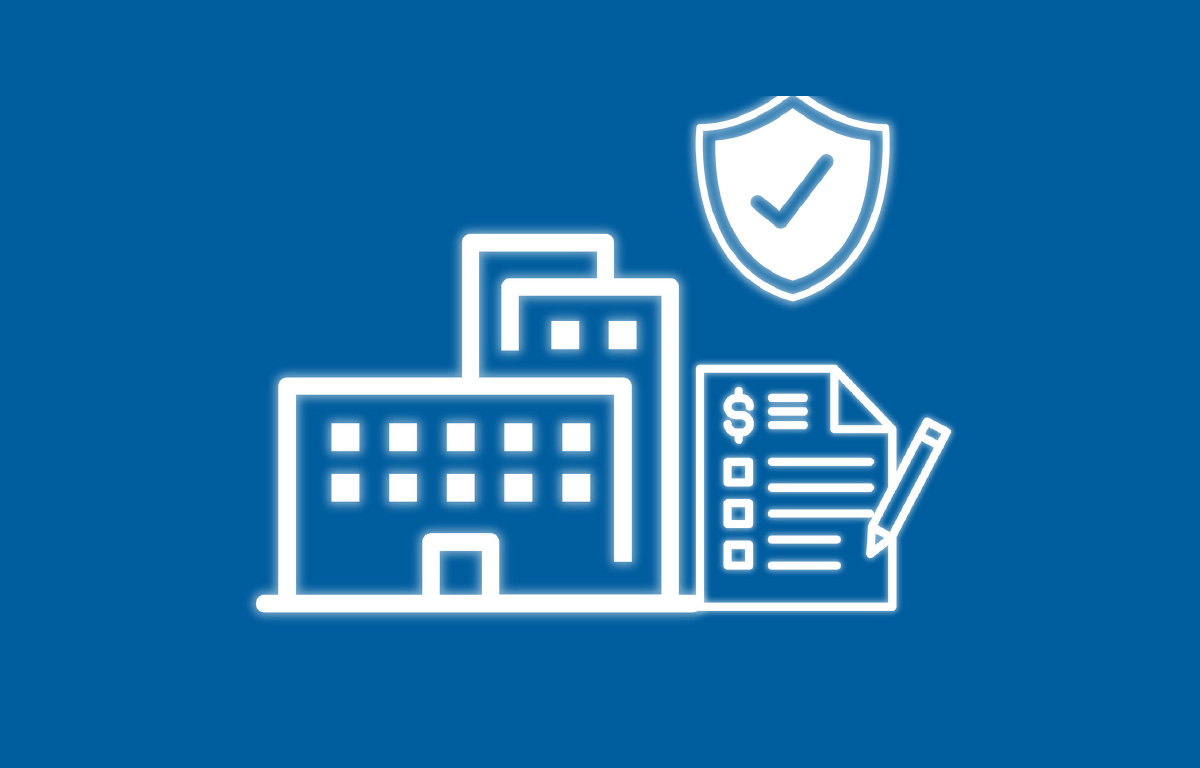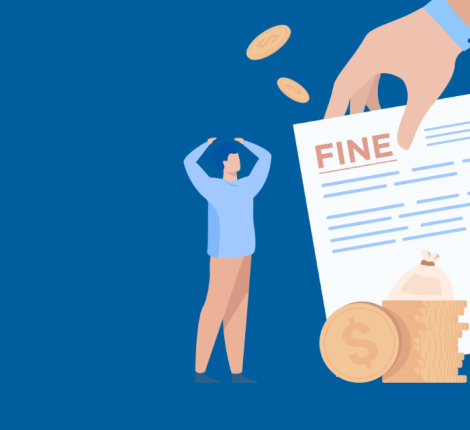Insurance Advisory Newsletter – Public Liability Insurance Act and Recent Amendments : February 2025
SCOPE OF PUBLIC LIABILITY INSURANCE ACT AND IF THE INSURANCE POLICY IS MANDATORY IN NATURE:
The Public Liability Insurance Act of 1991 (“Act”) is a pioneering legislative mechanism which has been designed to address the complex challenges of industrial safety and victim compensation. This Act was enacted as a mitigation step on the background of occurrence of Bhopal Gas Leak Tragedy in 1984. This Act provides a comprehensive legal framework which helps businesses and organisations in recovering financial losses for claim made by third parties who might be experiencing injury or property damage due to the operations of the insured entity engaged in handling hazardous substances.
This Act is mandatory for the businesses and organizations handling hazardous substances to obtain compulsory insurance coverage of Public Liability Insurance. This insurance policy applies for both public and private entities across various industrial sectors including manufacturing, chemical processing, mining, oil and gas, and transportation sector. All leading insurers have approved wording for this insurance policy.
-
TO WHOM DOES IT APPLY?
The Public Liability Insurance Policy applies comprehensively to owners and businesses involved in activities involving hazardous substances across multiple industrial sectors. This includes manufacturing companies, chemical processing organizations, mining enterprises, oil and gas industries, transportation entities, and any business that produces, handles, processes, stores, or transports potentially dangerous materials. The act specifically targets organizations with inherent industrial risks, mandating that they obtain public liability insurance policies covering potential third-party damages. Depending on the nature of services, the Public Liability Insurance Policy also applies to non-manufacturing entities such as IT companies, BPOs, hotels, schools, restaurants and clubs. Public Liability Insurance cannot be issued with unlimited liability and the same is required to be based on the defined exposure. The liability coverage must be established with two indemnity limits: Any One Accident (AOA) and Any One Year (AOY) and same can be pertaining to 1:1, 1:2, 1:3 or 1:4.
- WHAT ARE THE COVERAGES AND EXCLUSIONS UNDER THE POLICY?
|
INCLUSIONS |
EXCLUSIONS |
| Bodily Injury / Property Damage | Deliberate or intentional non-compliance with statutory requirements |
| Legal Liability (including Defence Cost) | Fine, Punitive Damages or Exemplary Damages |
| Sudden and Accidental Pollution | Personal Injuries such as lible, slander, false arrest, wrongful detention |
| Infringement of IP rights | |
| Professional Errors |
-
WHAT IS THE AMENDMENT SCOPE?
The Act experienced substantial amendments through the Public Liability Insurance (Amendment) Rules, 2024 (“Amendment”), in order to strengthen the claim process. The Amendment scope primarily focuses on introducing more nuanced definitions, expanding the scope of liability, and enhancing enforcement mechanisms.
Including certain procedural changes with respect to relief and restoration of claims, notification right and complaints, complaints adjudication procedure, the Amendment would introduce significant change from the perspective of:
- Enhancement of Sum Insured – Maximum sum insured limit is increased to INR 250 Cr. per accident and INR 500 Cr. for multiple accidents in one year. This substantial increase in sum insured act may prompt insurers to raise deductibles in certain cases, especially in high-risk industries, as a way to better manage their risk exposure.
- Compensation in case of death and permanent or permanent partial disability (including medical expenses) – The amount of coverage under the Public Liability Insurance Policy has been significantly increased to provide support to affected parties.
- Relief in case of damage to private property – Product Liability Insurance Policy will also provide coverage in case of damages to private property.
The Amendment represents a significant evolution in India’s approach to industrial safety, moving beyond the original 1991 framework to create a more dynamic, responsive, and comprehensive legal mechanism for managing risks associated with hazardous industrial activities. It is to be noted that, these amendments are set to take effect from 01.04.2024.
About us:
LegaLogic (www.legalogic.com) is a full-service law firm with more than 50 people team. Founded in 2013, LegaLogic has been advising across industry segments. It is a go-to firm for the Corporate Commercial Matters, M&A, Intellectual Property, Employment Law, Real Estate, Dispute Resolution, Litigation, Insurance Advisory, India Entry Strategy and Private Client Practice. To know more about our Corporate Commercial and Insurance Advisory Practice, please write to us at insurance@legalogic.com.
Disclaimer:
This newsletter is for informational purpose only and should not be treated as legal advice or opinion. No part of this newsletter should be considered an advertisement or solicitation of professional services of LegaLogic.





